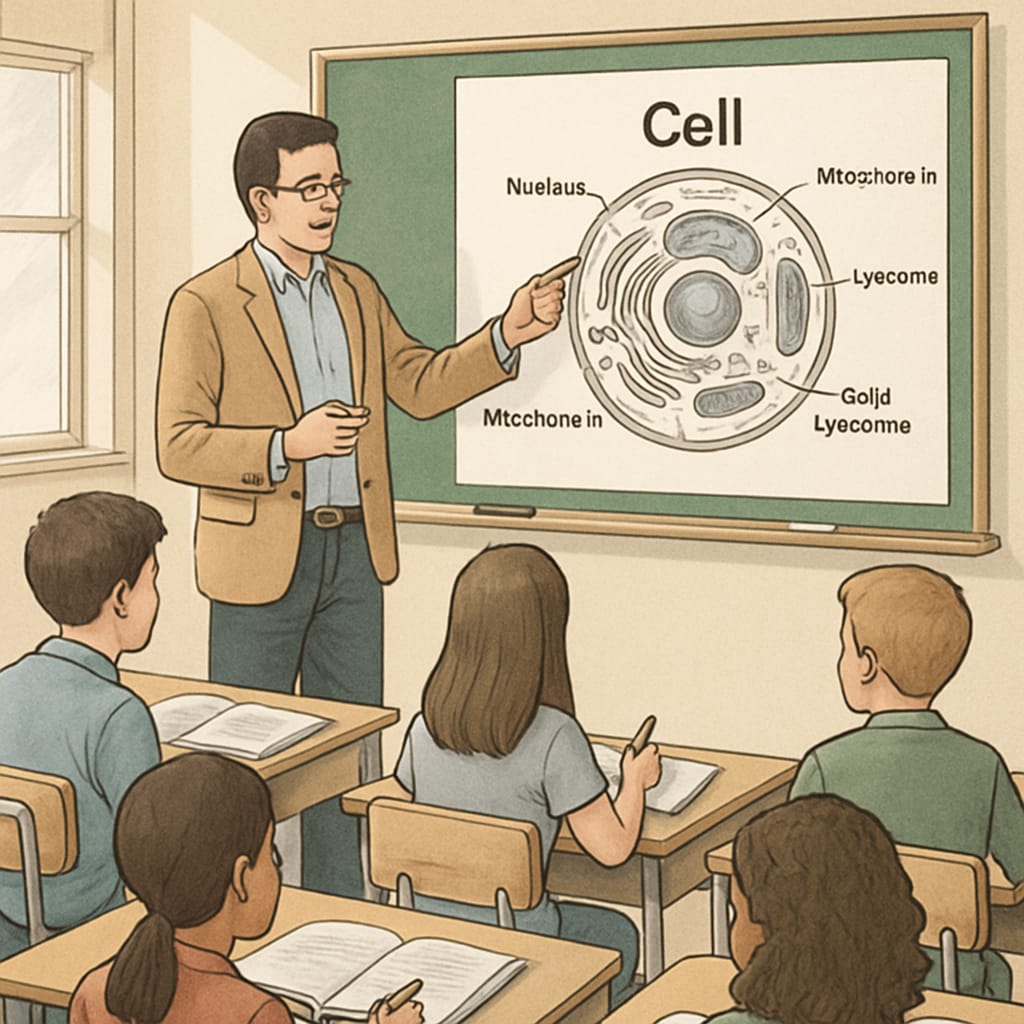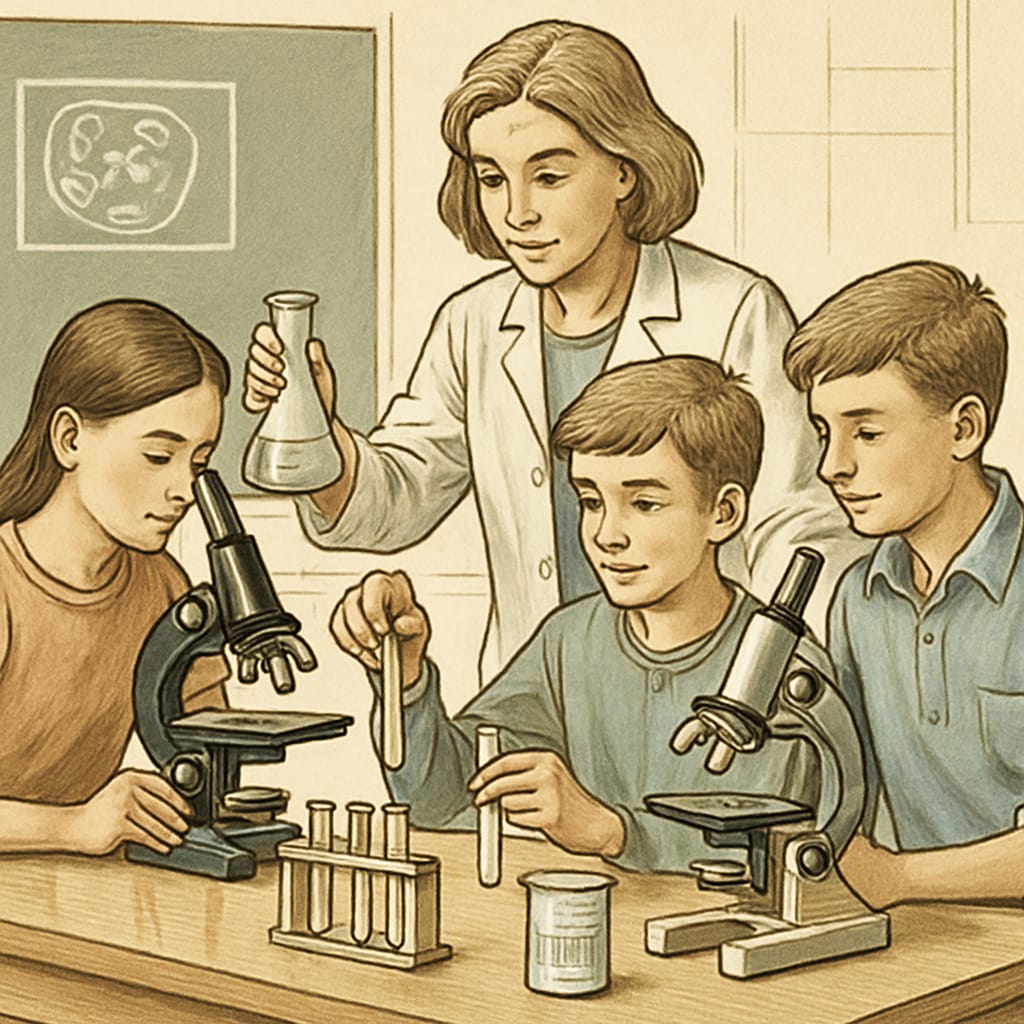The journey from a biology major to a master’s degree in education may seem unconventional, but it presents a unique and fulfilling career path. Combining scientific knowledge with education theory offers an opportunity to contribute meaningfully to both fields. In this article, we will explore the feasibility of transitioning from a biology background to a master’s degree in education, the challenges involved, and the benefits of such a career shift.
Why Transition from Biology to Education?
For many biology graduates, the traditional career paths include research, healthcare, or environmental sciences. However, some may find themselves drawn to education due to a passion for teaching or a desire to make a broader societal impact. Education allows biology professionals to share their deep knowledge with younger generations while fostering critical thinking and curiosity about the natural world.
Additionally, there is a significant demand for STEM (science, technology, engineering, and mathematics) educators, especially at the high school and college levels. Biology graduates with a master’s degree in education can help bridge the gap by applying their expertise to teaching roles.

The Challenges of Shifting from Biology to Education
While the transition is feasible, it is not without its challenges. Here are some common hurdles:
- Adapting to a New Discipline: Education theory involves understanding pedagogy (the art of teaching), curriculum design, and student psychology. These areas may feel unfamiliar to someone with a purely scientific background.
- Meeting Admission Requirements: Many master’s programs in education require some prior coursework or experience in teaching, which biology students may lack. Bridging programs or volunteer teaching experiences can help fill this gap.
- Balancing Scientific Expertise with General Teaching Skills: While a biology background provides subject matter expertise, effective educators must also master communication, classroom management, and adaptability.
Despite these challenges, the right mindset and preparation can make the transition smoother. Many education programs offer foundational courses to help students from non-education backgrounds acclimate to the field.
Opportunities in the Intersection of Biology and Education
Transitioning from biology to education opens up a range of rewarding opportunities:
- STEM Education Advocacy: With a biology background, educators can play a crucial role in promoting STEM education and encouraging students to pursue careers in science.
- Interdisciplinary Teaching: Biology graduates can design innovative courses that integrate science with other subjects, such as environmental ethics or biotechnology and society.
- Educational Research: A master’s in education also allows biology graduates to explore how scientific concepts are best taught and learned, contributing to advancements in education methodologies.
Moreover, this career path enables individuals to inspire the next generation of scientists while creating a lasting impact on education systems.

Tips for a Successful Career Transition
To make the shift from biology to education as seamless as possible, consider the following tips:
- Research Education Programs: Look for master’s programs that welcome candidates from non-education backgrounds and offer foundational courses in teaching methods.
- Gain Practical Experience: Volunteer as a tutor, teaching assistant, or mentor to gain firsthand experience in education.
- Leverage Your Biology Knowledge: Highlight your expertise in biology as a unique strength when applying to education programs.
- Network with Educators: Connect with professionals in the education field to gain insights and advice on navigating this career shift.
By taking these steps, biology graduates can position themselves as strong candidates for education programs and future teaching roles.
Conclusion: A Rewarding Cross-Disciplinary Journey
Transitioning from a biology degree to a master’s in education is a challenging yet rewarding journey. It allows individuals to combine their scientific expertise with a passion for teaching, ultimately making a lasting impact on both students and the education system. For those ready to step out of the lab and into the classroom, this career shift offers immense potential for personal and professional growth.
STEM education on Wikipedia provides further insights into the importance of STEM educators in today’s world. Additionally, pedagogy on Britannica offers valuable information about the teaching methodologies essential for education professionals.
Ultimately, if you are a biology major considering a master’s in education, this could be your opportunity to inspire future scientists, make a difference in students’ lives, and contribute to the advancement of education as a whole.


